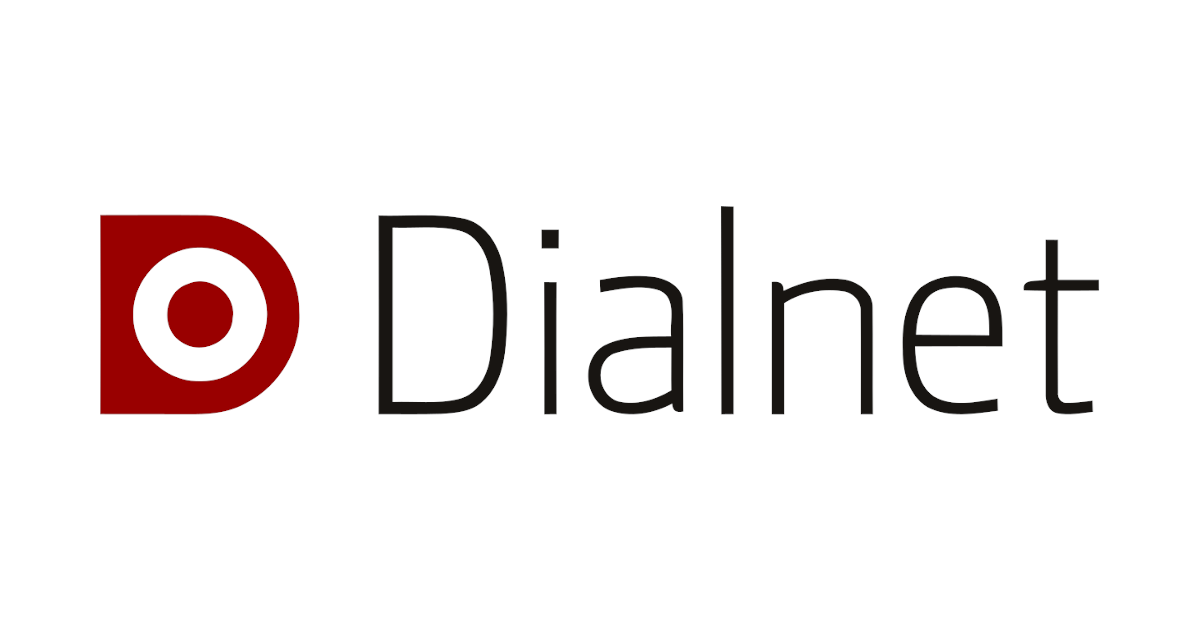Digital Innovation in Public Management: Legal Challenges in Venezuela
DOI:
https://doi.org/10.70219/mby-232025-387Keywords:
Challenge, Management, Digital, Technology, LawsAbstract
Technology has made great advances over time, even transforming the systems of various governments, something that has not yet been observed in Venezuela. Therefore, the main objective of this work is to analyze the challenge posed by public management in digital environments and the use of new technologies in light of the Venezuelan legal framework. The methods used were documentary data collection and a quantitative questionnaire for a population of one hundred people belonging to the Tovar Municipality in the State of Mérida. The results showed that public management still faces a challenge, despite the fact that various institutions already use relatively advanced software. They must also rebuild trust with citizens, an essential requirement for social capital. One way to do this is through the implementation of new technologies such as AI. In conclusion, since an update to current laws is not necessary, continued institutional modernization is recommended to move toward e-government or open data governance, as well as the implementation of digital systems in governorates and mayoralties that offer online procedures and citizen service.
Downloads
References
Constitución de la República Bolivariana de Venezuela. Caracas. Gaceta Oficial Extraordinaria N° 36.860, 30 de diciembre de 1999. Asamblea Nacional. Art. 110.
Corral, Y. (2022). Validez y confiabilidad en instrumentos de investigación: una mirada teórica. Revista de Ciencias de la Educación, 32(60), 2665-0231. http://servicio.bc.uc.edu.ve/educacion/revista/60/art06.pdf0
Flores, C. (2023). La inclusión de las Tecnologías de Información y Comunicación (TIC) en la gestión judicial venezolana. GERENTIA, 1(2023), 108-133. https://investigacionuft.net.ve/revista/index.php/Gerentia/article/view/729/1065
Ley de Infogobierno. (2014). Gaceta Oficial de la República Bolivariana de Venezuela. N° 40.274, Caracas, Venezuela. https://www.mpppst.gob.ve/mpppstweb/wp-content/uploads/2015/02/LEY_DE_INFOGOBIERNO.pdf
Ley Orgánica de Ciencia, Tecnología e Innovación. (2005). Gaceta Oficial de la República Bolivariana de Venezuela, N.° 38.242, Caracas, Venezuela. https://www.refworld.org/es/leg/legis/acnur/2005/es/130629
Mejía, L. (2021). Gobierno Digital para la modernización de la gestión pública: Una propuesta para el diseño de servicios digitales en el Ministerio de Relaciones Exteriores [Tesis de maestría, Academia Diplomática del Perú Javier Pérez de Cuéllar]. Repositorio Institucional. http://repositorio.adp.edu.pe/bitstream/handle/ADP/188/2021%20Tesis%20Mejia%20Marquez%2c%20Luis%20Abel.pdf
Morales, I., Morillo, J., Tobar, L. (2020). Gobierno digital en América Latina: ¿un reto de la gestión pública de gobierno abierto. FIGEMPA, 10(2), 2602-8484. http://scielo.senescyt.gob.ec/pdf/figempa/v10n2/2602-8484-figempa-10-02-00032.pdf
Ocaña, Y., Valenzuela, L., Vera, M., Rengifo, R. (2021). Inteligencia artificial (IA) aplicada a la gestión pública. Revista Venezolana de Gerencia, 26(94), 696-702. https://www.redalyc.org/journal/290/29069612013/29069612013.pdf
Ospina, M., Zambrano, K. (2023). Gobierno digital e inteligencia artificial, una mirada al caso colombiano. Administración & Desarrollo, 53(1), 1-34. https://dialnet.unirioja.es/servlet/articulo?codigo=9004212
Pinho, A. (2020). Gobierno abierto y participación ciudadana. Algunas normas necesarias en Venezuela. Derecho Global. Estudios sobre Derecho y Justicia, V(15), 63-88. https://www.scielo.org.mx/pdf/dgedj/v5n15/2448-5136-dgedj-5-15-63.pdf
Sandoval, L. (2021). Datos abiertos en Venezuela. Revista de Gestión Pública, 10 (2), 149-168. https://dialnet.unirioja.es/servlet/articulo?codigo=8623302












